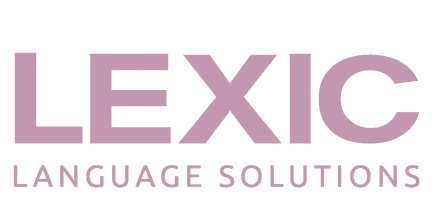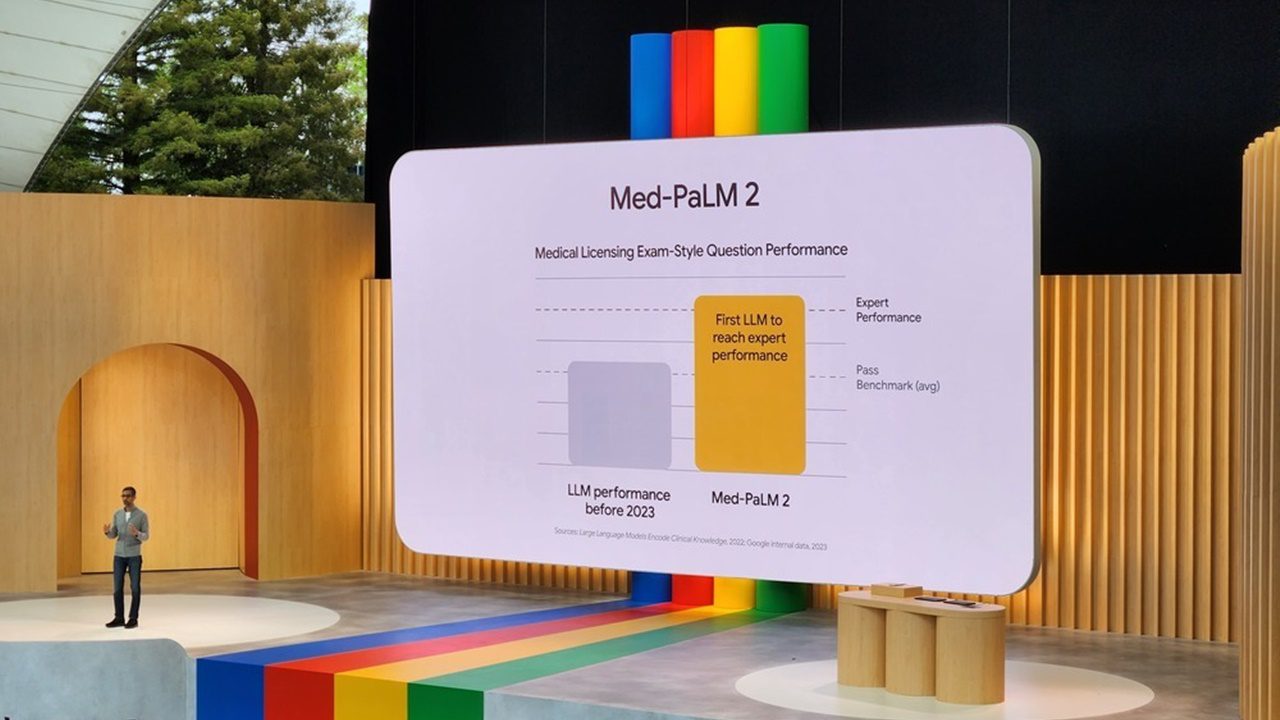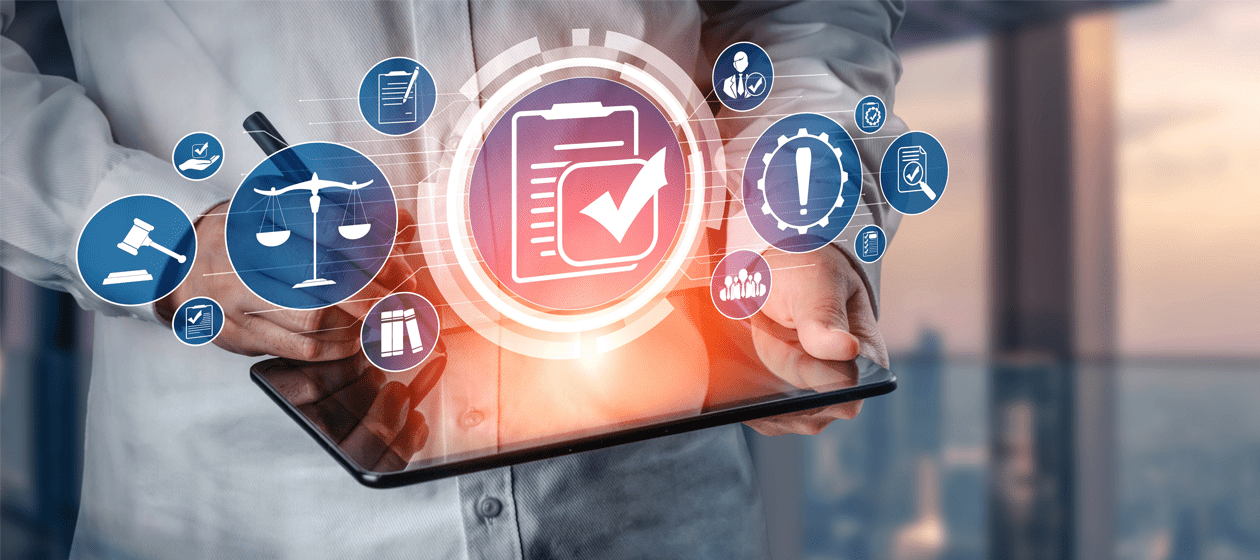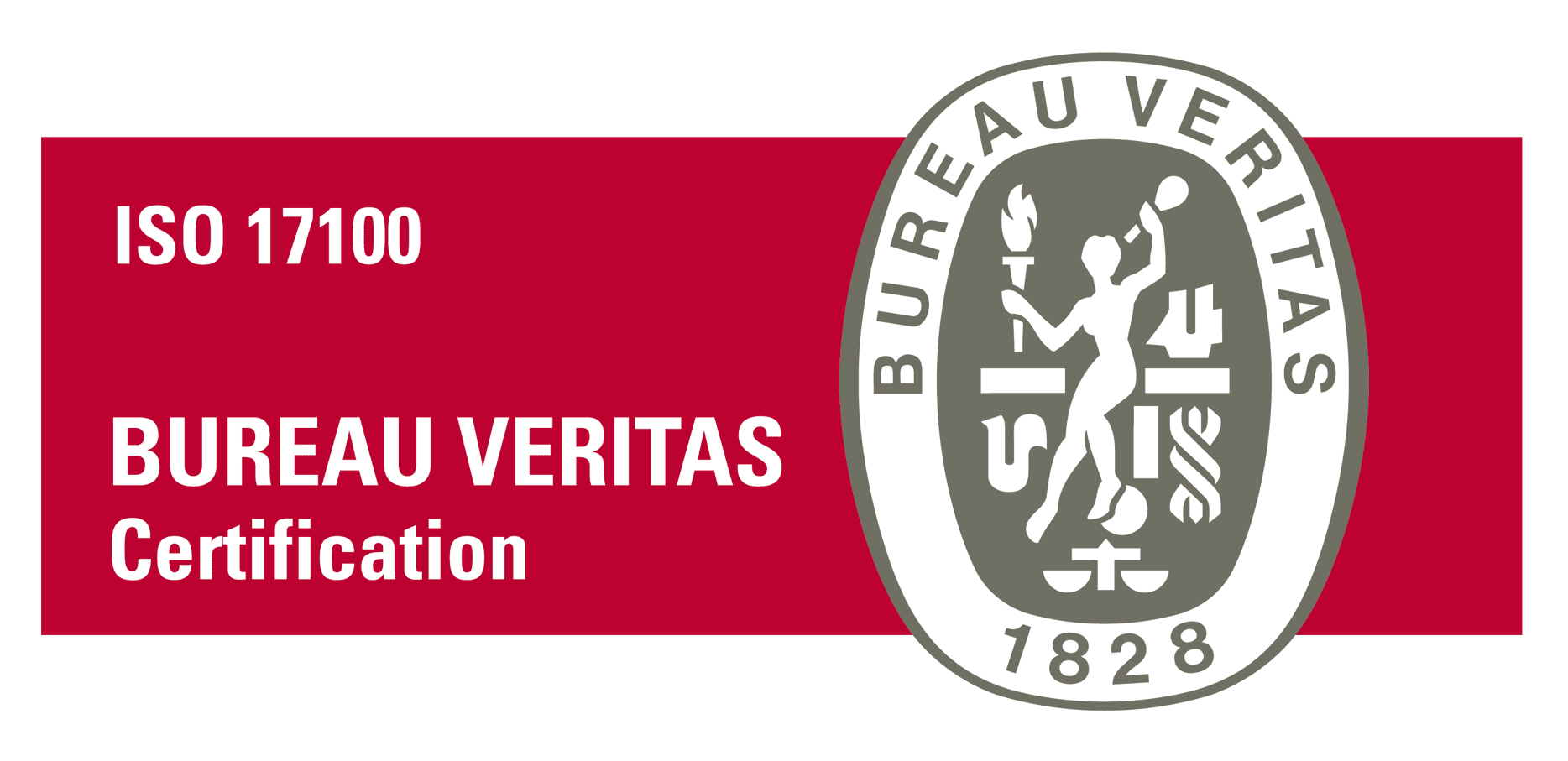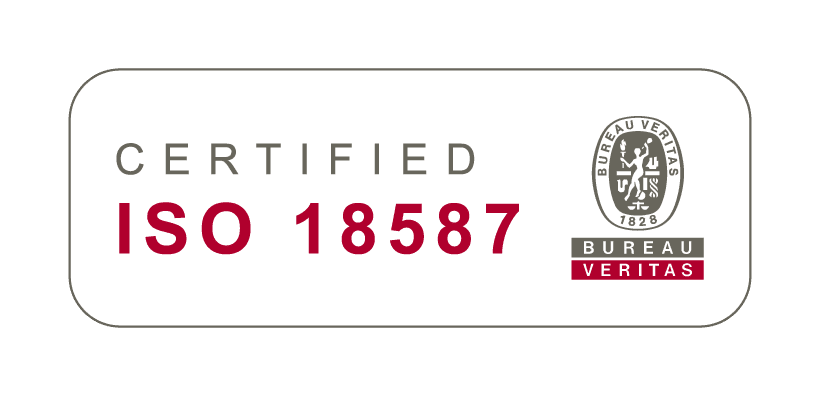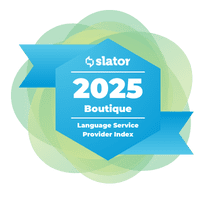A healthy picture-perfect smile has become a top priority and a beauty standard across the globe, partly motivated by celebrities and the vanity culture developed with social media.
However, worldwide we can witness an increase in the prevalence of dental disorders due to smoking, aging, and poor oral hygiene. This, together with the general adoption of braces during the teenage years and the specialization of dentistry services, has led to a growing global population demanding dental care and aesthetic treatments.
The fact that dental services are now being requested massively in almost every country has led to a global demand for dental equipment. Valued at more than 6 billion USD, the global dental equipment market has established itself as a growing niche within the Medical Device industry and gained a separate status as an independent branch, fueled mainly by the technological revolution which has led this sector to grow exponentially worldwide.
In fact, according to Grand View Research, the global dental equipment market size is projected to grow at a compound annual growth rate (CAGR) of 6.2% from 2023 to 2030. Among the companies leading this sector are Dentsply Sirona, Planmeca Oy, Danaher, Carestream Health, 3M and Straumann.
Localizing Devices, Technology, and Services Created for Dentistry
Like other fields within life sciences, dentistry is being revolutionized by technological advancements, new procedures, and devices that are constantly created to better serve patients and provide more effective treatments.
The field of dentistry demands medical devices which are specially created to diagnose, treat and operate on people with dental care needs: screwdrivers, Intraoral CR scanners, ultrasonic scalers, binocular loupes, thermo sealers, and whitening lamps are just a few of the long list of tools, apparatuses, and machines.
The companies that produce these products also export them to several countries. But, to do this, they need to meet the legal requirements established by the local regulatory authorities in each country. One of the common requirements is that product content needs to be translated into the native language(s) of the country.
Companies that embark upon this journey know that localization is not just about translating product catalogs, brochures, or instructions for user manuals. A vast number of the devices used in dentistry run on highly technical software which is controlled by the orthodontist through buttons and screens. Localizing software user interfaces is, therefore, another requirement. But it just doesn’t end there… going global will also require adapting other kinds of material such as protocols, online help, and websites.
If your company wants to export to the European Union, your translations will need to be fully compliant with the EU directive 98/79/EC for in-vitro devices and directive 93/42/EEC for medical devices.
New European Union Medical Device Regulation
Avoid localization headaches and partner with a specialized language service provider
Not every company necessarily has the expertise for handling the localization processes required to market the products in different geographies. Perhaps some can afford to run a translation department, but still, have trouble finding talented translators.
This is the reason why many companies opt to outsource translation to a language service provider. If you also want to rely on a translation company, you should make sure they meet the criteria below.
Experience in the field
Staffed with the right team
Translation is not just another task you give to your documentation manager; to localize content successfully you need project managers, translators, reviewers, and the methodology required to execute a complex workflow. When partnering with a translation company, make sure to choose one certified with ISO standards (ISO 17100) that proves they have the processes to serve big customers efficiently. This will ensure they provide your organization with a qualified team of translators who are capable of managing and storing your terminology consistently.
Equipped with proper technology
Ensuring that your partner is equipped with state-of-the-art translation technology will guarantee the quality of the deliverables and open up doors for workflow automation.
Lexic Dentistry Translation Services
At Lexic, we offer exclusive translation services for dentistry, employing qualified translators with a degree and relevant experience in the dentistry field. We will build a glossary with your key technical terminology and make sure to incorporate, process, and maintain this glossary with our translation management system.
